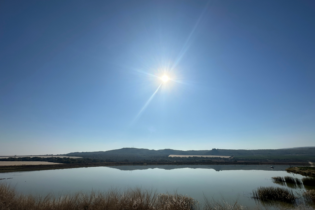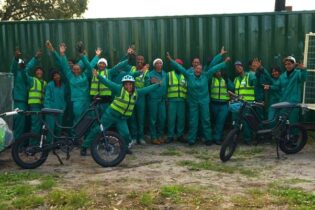Five other power stations recorded EAFs above 60%.
Due to loadshedding being suspended for over seven months, Eskom’s diesel savings have reached R13.7 billion year-on-year.
In a statement on Friday, Eskom said loadshedding has remained suspended for over seven months (219 consecutive days) since 26 March 2024. “Investments in the Generation Recovery Plan have been instrumental in maintaining a stable power supply across South Africa, driving efficiencies, and achieving R13.7 billion in year-on-year diesel savings. “On Monday, 28 October 2024, Eskom achieved a significant milestone in operational efficiency, moving closer to its goal of a 70% Energy Availability Factor (EAF) by end March 2025.“This achievement is marked by a reduction in unplanned outages, which are measured by the Unplanned Capacity Loss Factor (UCLF) and Other Capacity Loss Factors (OCLF), to 7 299MW. The last time Eskom reached a comparable UCLF milestone was four years ago,” the power utility said.This achievement follows Eskom’s recent milestone of delivering the longest stretch of uninterrupted power supply in five years, reaching Day 206 of loadshedding suspension on Saturday, 19 October 2024. “The reduction in unplanned outages means that more generation capacity is available to meet the country’s electricity demand. Additionally, it provides Eskom with the necessary capacity to conduct more planned maintenance activities, which are crucial for further improving the reliability and stability of the generation fleet,” Eskom said. Eskom’s EAF increased to an average of 65 % over the past week and 63.1% year-to-date, with top-performing stations — including Grootvlei, Camden, Medupi, Lethabo, and peaking facilities — achieving over 70% EAF.
“By Monday evening, an additional 4 030MW is expected to return online, with six units on cold reserve this weekend to manage supply and demand balance,” Eskom said.
In August, Eskom shared its Summer Outlook for the period from 1 September 2024 to 31 March 2025, predicting a likely scenario of a load shedding-free summer due to structural generation improvements. This outlook remains unchanged.





